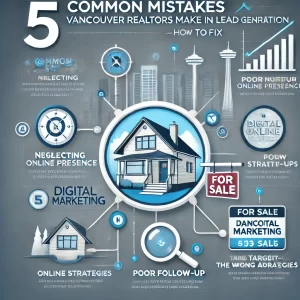According to historical lessons from the past and economic theory, those who have high anxiety that the sky high home prices in Vancouver and Toronto, or Canada’s hottest markets, will collapse solely under their own weight, can relax about matters more than they think they should. Peaking prices in markets like Toronto & Vancouver is not enough justification or force by itself – to spark a housing collapse. Housing recessions in Canada, or elsewhere, have never been caused by high prices alone.
A major housing price collapse would require a broader or national economic recession. Dramatic conditions, like those currently existing in Calgary, due to the oil price collapse, have driven down property values.
In Calgary, people are now leaving, migrating out, and housing prices have simply followed. Calgary housing sales have been trending down on the order of 30% so far this year, and housing prices will continue to decline, although as would be expected, lagging behind.
House prices in Vancouver and Toronto are not overvalued from a long-term perspective; for the long-term investor. There are few signs that speculation is driving either of those markets. However, the elevated markets of primarily Vancouver & Toronto would see the deepest price drop if a large-scale recession did occur in Canada.
Historically markets with the fastest price growth prior to a recession experience the steepest price declines during a recession. By simple logic, the most vulnerable homeowners during a housing recession are low-equity buyers, who are often more recent entrants.
However, nobody knows what is going to happen, so we just have to what we do best, building up markets and recovering and building them up again. There might never be a slide in Toronto’s or Vancouver’s markets, theoretically speaking – but the chance of nothing ever going wrong is impossible to exclude, including the rarity, but possibility of a large earthquake or volcanic sea floor tsunami. It is too much to think about and impossible to anticipate. We just have to hope for the best market conditions and play it by ear when the market takes a dip.



















